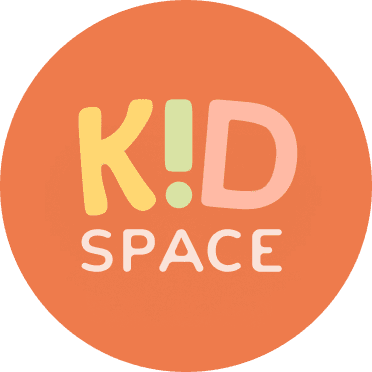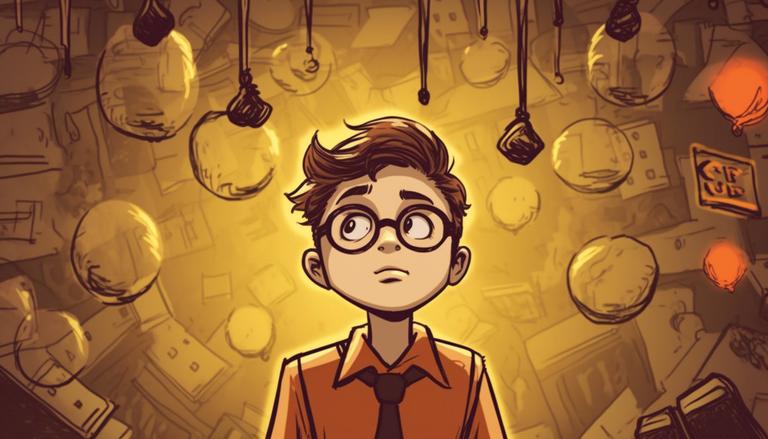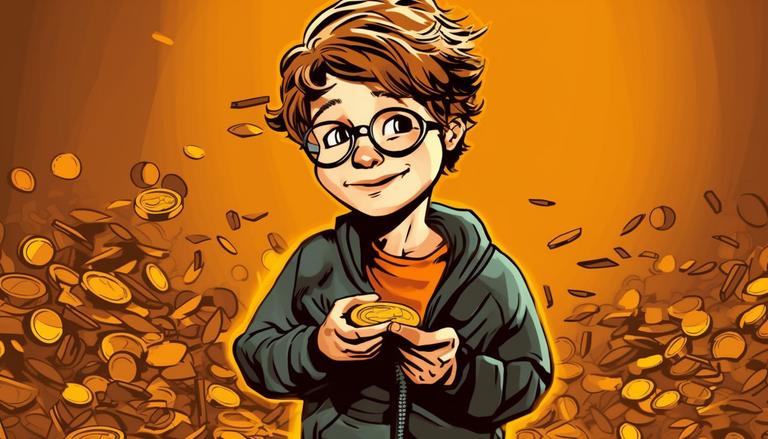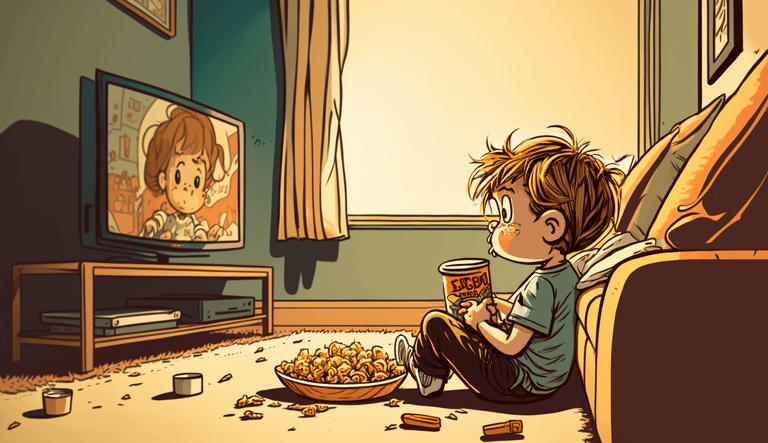The Power of Critical Thinking in Early Childhood
The Power of Critical Thinking in Early Childhood
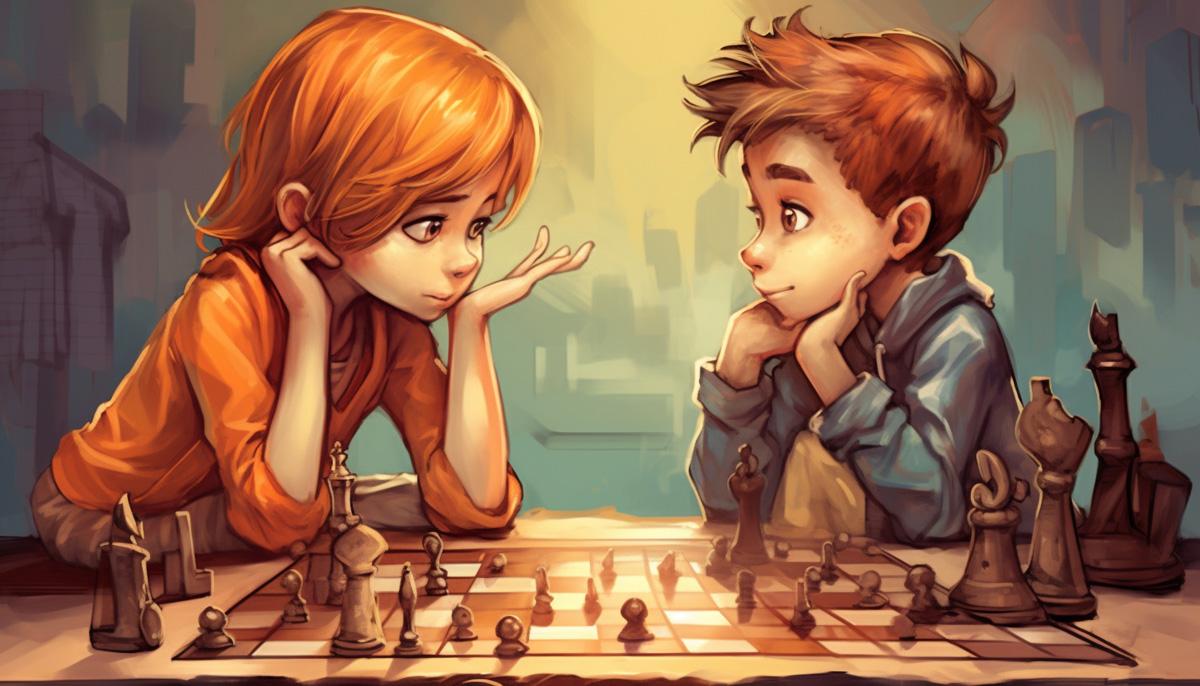
The Importance of Critical Thinking
Early childhood is a critical period in a child's development, as it lays the foundation for future learning and growth. During this time, children are curious and eager to learn about the world around them. They absorb information at a rapid pace and form beliefs and attitudes that will shape their lives.
Therefore, it is crucial that we foster critical thinking skills in early childhood. Critical thinking helps children to develop analytical skills, identify reliable sources of information, and make informed decisions. It also enables them to think creatively and approach problems from different angles.
In today's rapidly evolving world, where technology is advancing at an unprecedented pace, critical thinking has become more important than ever before. The ability to analyze information, identify patterns, and draw conclusions is essential for success in any field, whether it is science, engineering, business, or the arts.
Moreover, critical thinking is a key component of academic success. It helps students to develop a deeper understanding of subject matter, identify connections between different ideas, and perform better on exams and assignments. Students who learn critical thinking skills are better equipped to pursue higher education and succeed in the ever-changing job market.
Unfortunately, critical thinking is often overlooked in early childhood education. Many parents and educators prioritize rote memorization and regurgitation of information over developing analytical skills. This approach can hinder a child's ability to think critically and adapt to new situations.
In Indonesia, where the internet penetration rate is growing rapidly, critical thinking is more important than ever before. With access to vast amounts of information at their fingertips, children need to learn how to analyze and evaluate information to avoid falling prey to misinformation and fake news.
Сritical thinking is a fundamental skill that is essential for success in today's world. It is particularly important in early childhood, as it lays the foundation for future learning and growth. By fostering critical thinking skills in early childhood, we can equip children with the tools they need to succeed academically and beyond.
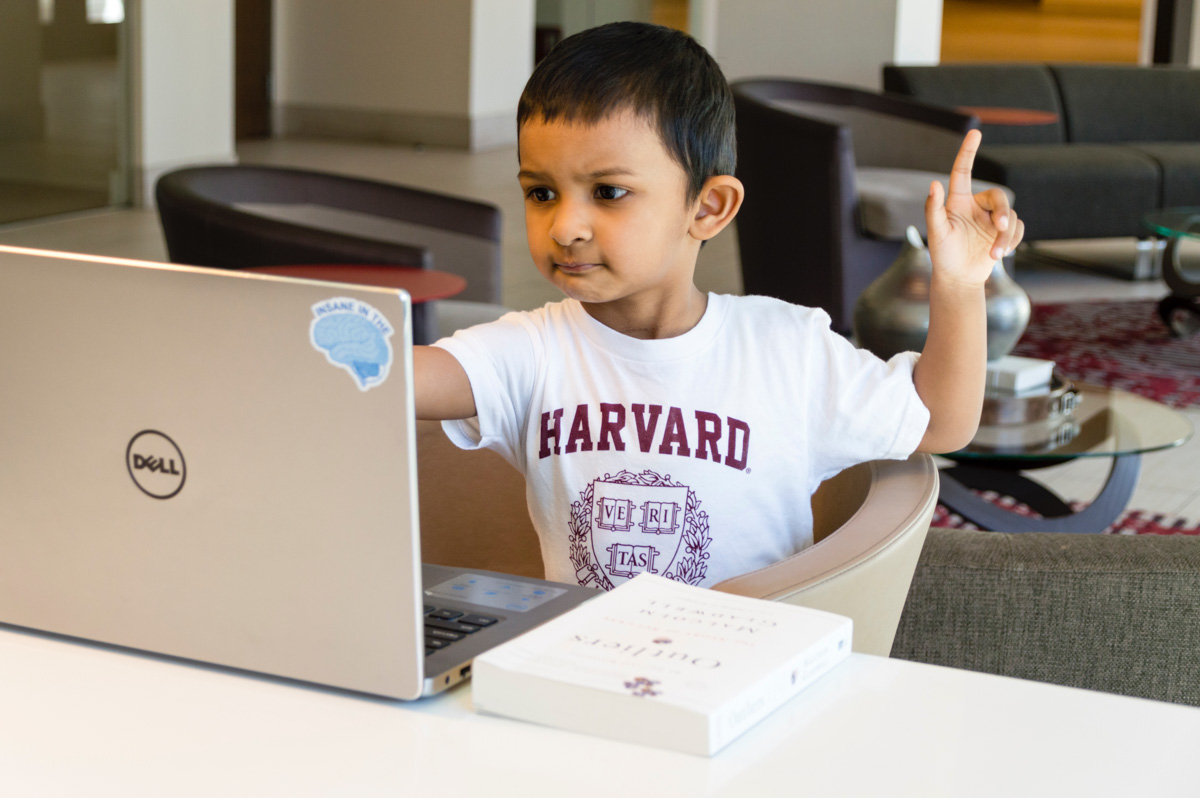
How to Teach Children to Think Critically
Teaching critical thinking skills to children can seem like a daunting task, but it is a skill that can be developed with practice and guidance. Here are some tips for parents and educators on how to teach children to think critically:
- Encourage questioning: Encourage children to ask questions and challenge assumptions. Teach them to look for evidence and ask "why" and "how" questions.
- Provide opportunities for problem-solving: Give children opportunities to solve problems on their own and encourage them to come up with multiple solutions. This helps them develop their creativity and learn to think outside the box.
- Expose them to different perspectives: Expose children to different perspectives and worldviews. Encourage them to consider alternative viewpoints and think critically about their own beliefs and assumptions.
- Teach them to evaluate information: Teach children to evaluate the information they come across and to look for credible sources. This will help them develop their research skills and avoid misinformation.
- Foster a growth mindset: Encourage children to embrace challenges and to view failure as an opportunity to learn. This will help them develop resilience and a positive attitude towards learning.
- Encourage open-mindedness: Encourage children to be open-minded and to consider multiple perspectives. This helps them develop empathy and understanding for others and broadens their worldview.
- Make it fun: Learning critical thinking skills doesn't have to be dull and boring. Engage children in activities that challenge them to think critically, such as puzzles, games, and brain teasers.

By incorporating these strategies into your parenting or teaching approach, you can help children develop their critical thinking skills and set them up for success in the future.
In Indonesia, there are many opportunities for parents and educators to support critical thinking development in children. From after-school programs to online resources, there are many ways to encourage children to think critically and develop their analytical skills.d
Games to Improve Critical Thinking Skills
Playing games can be a fun and effective way to help children develop critical thinking skills. Here are some games that parents and educators can use to improve children's critical thinking abilities:
- Chess: Chess is a classic game that has been used for centuries to teach critical thinking skills. It requires players to plan ahead, think strategically, and anticipate their opponent's moves.
- Set: Set is a card game that challenges players to identify patterns and think abstractly. It requires players to analyze a set of cards and identify patterns based on color, shape, and number.
- Rush Hour: Rush Hour is a puzzle game that challenges players to navigate a gridlock by moving cars and trucks in the correct order. It requires players to plan ahead, think creatively, and solve problems.
- Mastermind: Mastermind is a code-breaking game that requires players to use deduction and logic to solve a puzzle. Players must identify a secret code by making guesses and receiving feedback on their accuracy.
- Minecraft: Minecraft is a popular video game that encourages creativity and problem-solving. Players must navigate a virtual world, gather resources, and build structures while facing various challenges and obstacles.
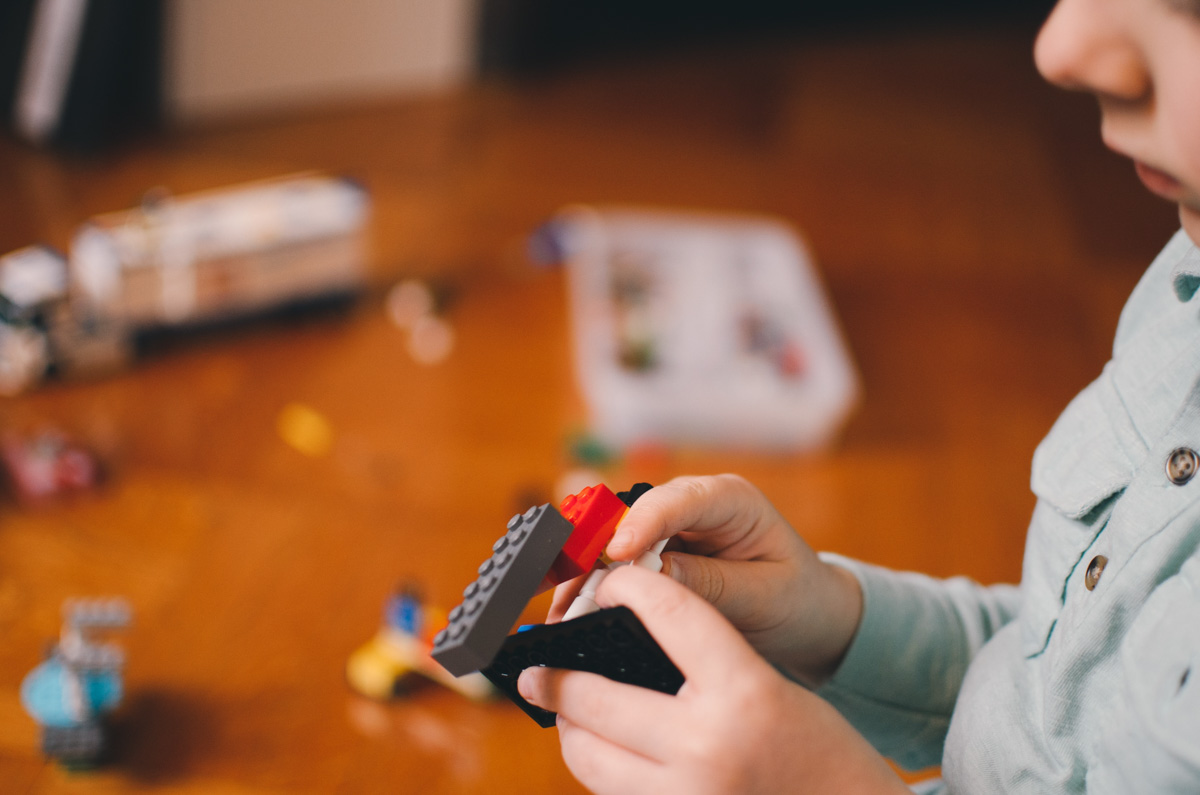
By incorporating these games into children's playtime, parents and educators can help improve critical thinking skills. These games can encourage children to think creatively, solve problems, and analyze information in a strategic way. Plus, they are fun and engaging, making learning an enjoyable experience
